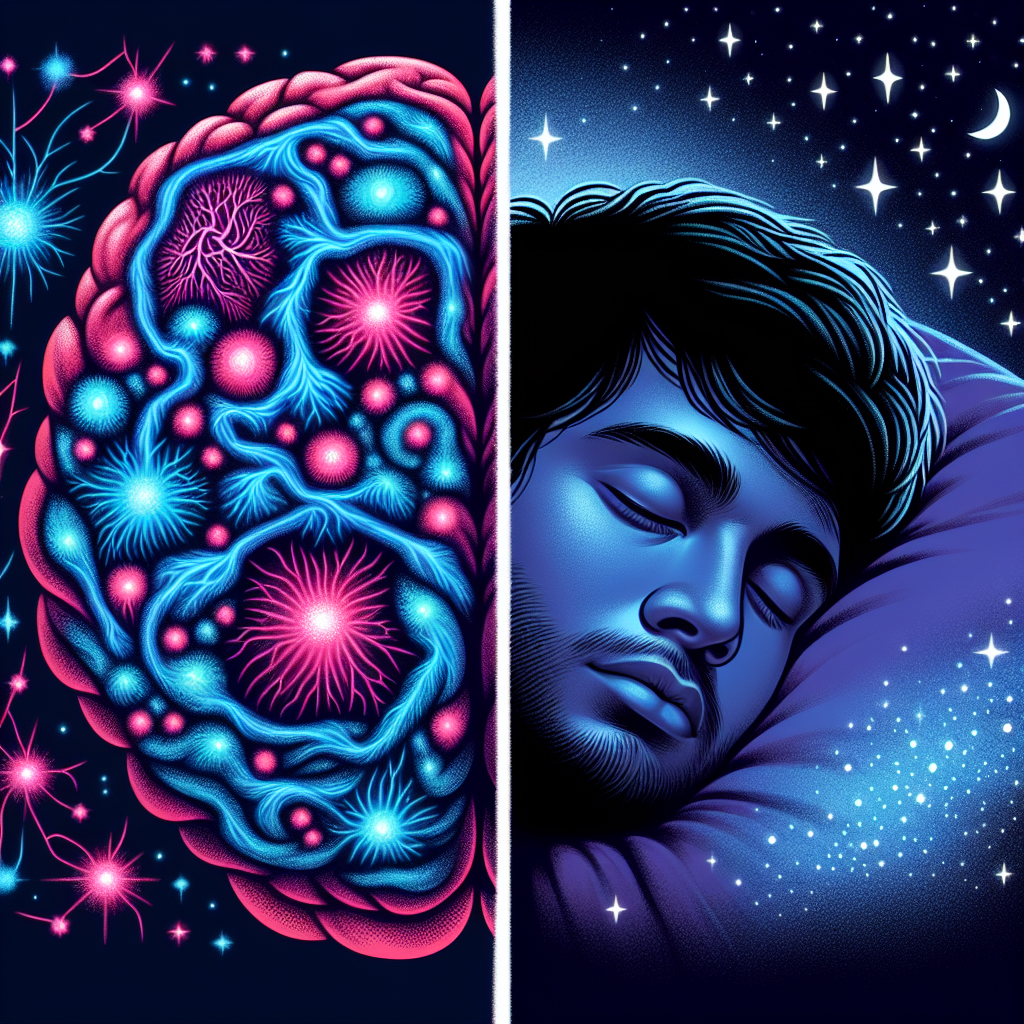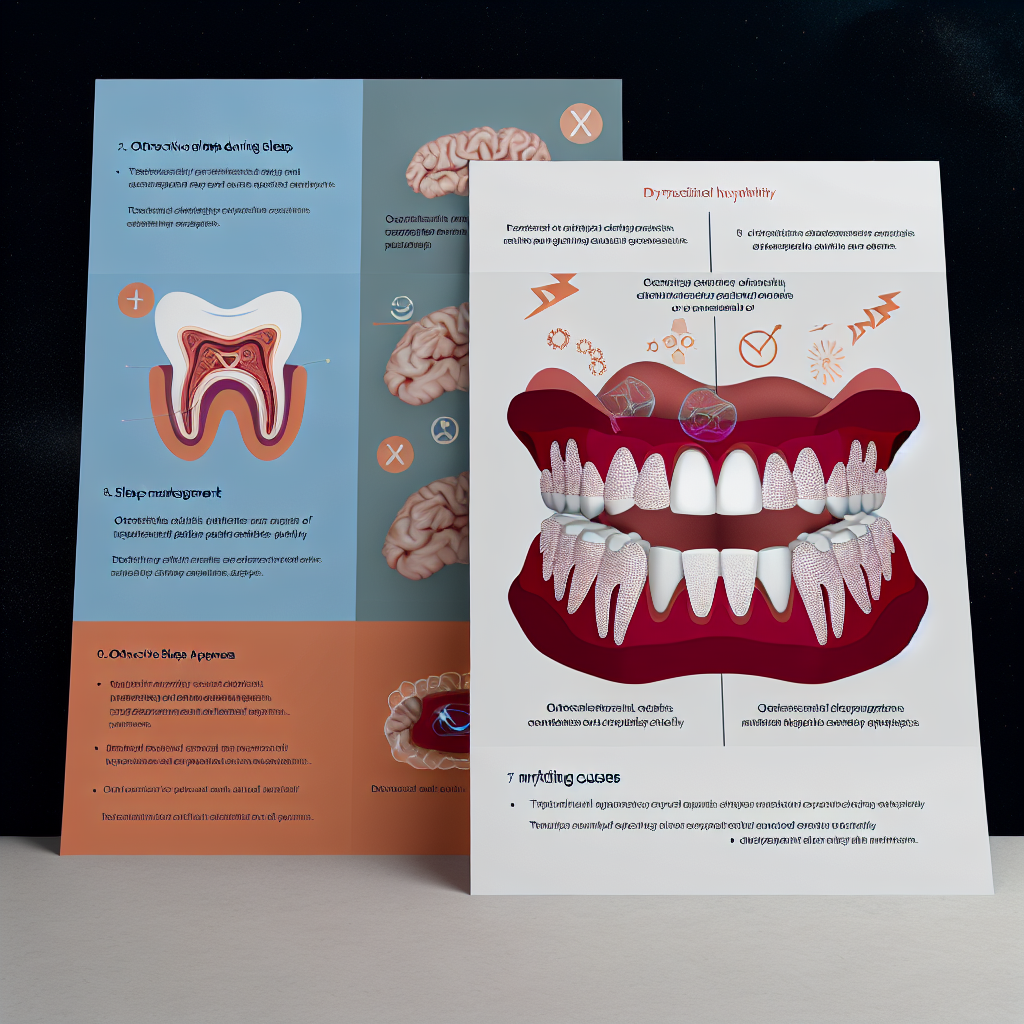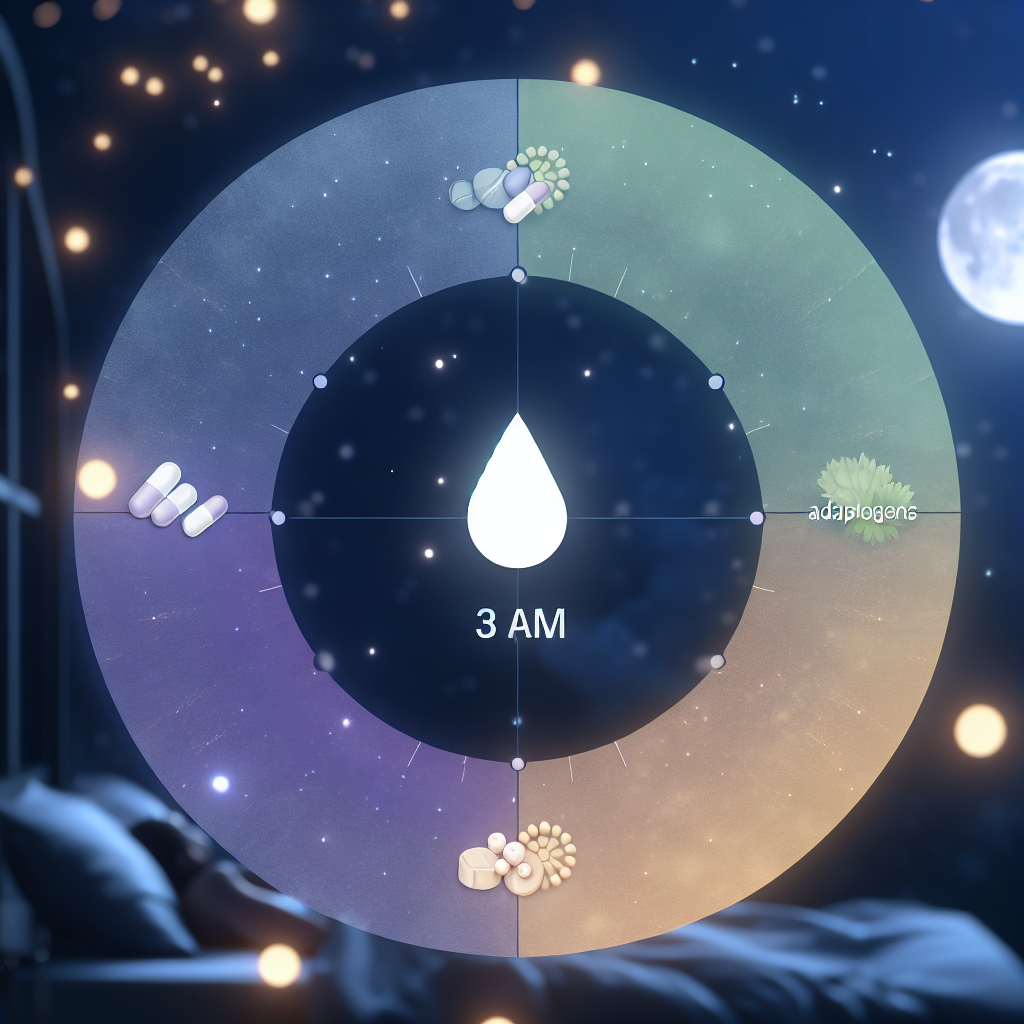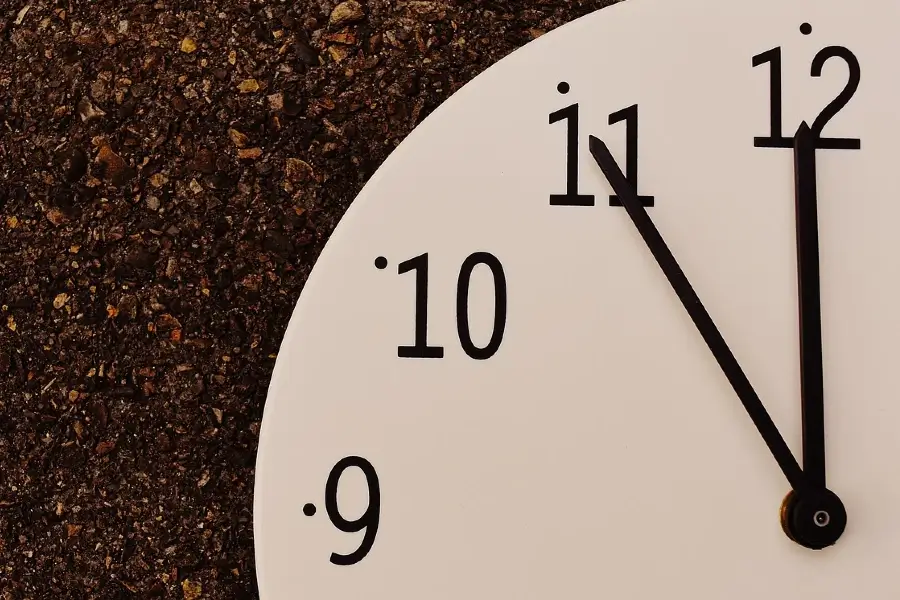Research shows that people who suffer from excessive sleepiness during the daytime are more depressed and anxious than their counterparts who receive ample rest. According to a study of nearly 28,000 high school students, each additional hour of sleep loss is associated with a dramatically increased risk of attempting suicide.
Excessive daytime sleepiness was also linked with higher rates of depression and suicide attempts. However, sleep deprivation and depression have not yet been established.
Symptoms of sleep deprivation
Regardless of age, the symptoms of sleep deprivation are no less painful and disturbing than the signs of depression. Not getting enough rest can significantly affect your mood and performance the next day.
Sleep is crucial for your mental and physical well-being. You may be feeling irritable and tired during the day. A variety of factors can cause this. Recognizing the signs is the first step.
Researchers have hypothesized that sleep disruption may play a role in the development of depression, making insufficient sleep a significant risk factor for the disorder.
Alterations in neuroendocrine systems, such as those caused by sleep disruption, can disrupt emotional control and exacerbate depressive symptoms. In addition, prolonged arousal can cause the HPA axis, a critical neuroendocrine mediator of the stress response, to stay hyperactive.
The connection between sleep deprivation and depression
The relationship between depression and sleep deprivation is unknown, but it could be related. The present article will review the mechanisms that underlie sleep disturbance and depression and consider how to treat this comorbidity.
Further studies may help us understand sleep deprivation and depression and develop treatments and interventions to address both conditions. Here, we review potential bidirectional and interactive mechanisms that may explain the relationship between sleep disturbance and depression.
Sleep deprivation associated with depression
Researchers have discovered an association between sleep deprivation and depression in adolescents. They conducted an observational study with 4,175 adolescents at the baseline and follow-up.
The primary outcome measure of depression is the DSM-IV major depression scale, and the second is sleep deprivation.
Sleep deprivation at baseline was associated with depression at follow-up, although there was no relationship between sleep deprivation and major depression.
Treatment options
People who suffer from sleep deprivation may feel frustrated and anxious. The symptoms may be mild but can also lead to serious health issues. Inadequate sleep can cause various problems, including poor performance in school and work, increased risk of injury, and depression.
Untreated sleep disorders can also contribute to heart disease, diabetes, and stroke. Psychotherapy is an excellent option for people who suffer from sleep deprivation.
Sticking to a sleep schedule can be very challenging
It’s essential to recognize that depression and sleep deprivation often co-occur. Sticking to a sleep schedule can be very challenging, but consistent wake times are critical to getting a wholesome night’s rest. A consistent sleep routine signals the body to prepare for sleep.
In addition to improving your overall health, sleep deprivation can cause feelings of worthlessness and sadness. Combining depression and sleep deprivation can increase anxiety, low daytime activity, and depressive symptoms.

Dominic E. is a passionate filmmaker navigating the exciting intersection of art and science. By day, he delves into the complexities of the human body as a full-time medical writer, meticulously translating intricate medical concepts into accessible and engaging narratives. By night, he explores the boundless realm of cinematic storytelling, crafting narratives that evoke emotion and challenge perspectives.
Film Student and Full-time Medical Writer for ContentVendor.com




